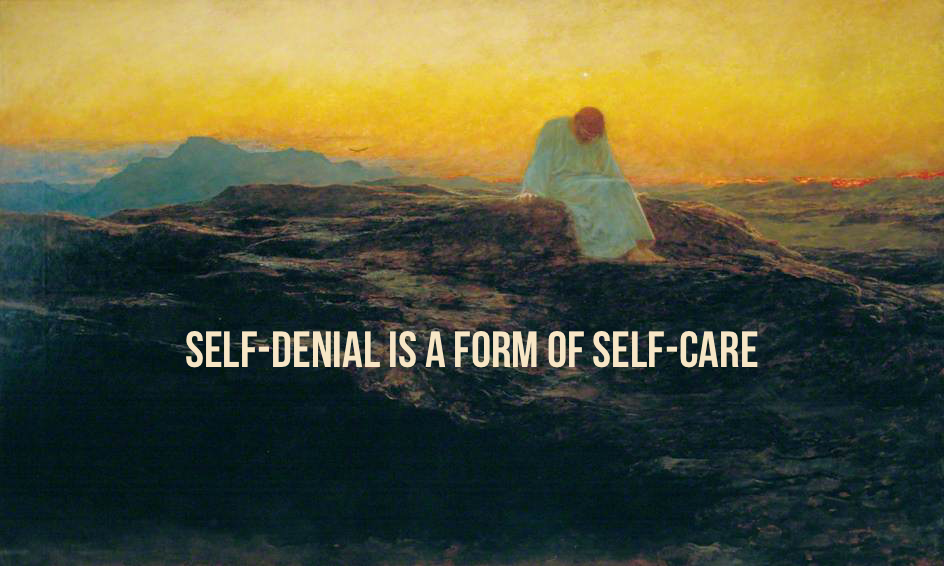Every Friday morning we gather online to meditate on a psalm and intercede for the world. This past week, we allowed Eugene Peterson’s interpretation of Psalm 123 to recenter us on God. It’s wonderfully short, yet so dense in its implications for us during the Lenten season, and with so much of the chaos that inundates us from the news:
I look to you, heaven-dwelling God,
look up to you for help.
Like servants, alert to their master’s commands,
like a maiden attending her lady,
We’re watching and waiting, holding our breath,
awaiting your word of mercy.
Mercy, God, mercy!
We’ve been kicked around long enough,
Kicked in the teeth by complacent rich men,
kicked when we’re down by arrogant brutes.
Peterson makes the bold decision to translate “arrogant”(NIV) or “those who are at ease”(KJV) as “complacent rich men”. This gives me pause. It can hard to keep a tension in my meditations on the scriptures that, at times, I am both the servant of God crying out for mercy (verse 2), and also one of the arrogant/prideful/at ease(vs. 3,4) who don’t really want the system to change because it works for us.
This leads me to recognize two powerful implications for Lent - I am more full than I think I am, and my infatuation with my own fullness blunts me to the call to care for those who God is especially fond of, the poor and oppressed.
__________
It’s all too easy to think that giving ourselves what we deserve is self-care, and sometimes that is true. Yet, so often our problem is not that we have too little, but too much. The privilege we swim in turns blessings of provision into a numbing agent that blinds us to the outer world. We become enslaved to what is available to us, and we’re guided by our incessant hunger for more, denying the fact that we’re already so full.
I have a problem with being too full. I don’t tend to deny myself much of what I want, and I have the means to get what I want pretty easily. That fullness leads me to a self-serving complacency and being numbed to the world around me, especially the greater needs of my neighbors.
We despise prohibition, thinking it’s a limitations on our freedom; when in fact, denying our egos certain pleasures, comforts, and coping mechanisms can actually be the thing that sets us free. One of the powers of the Gospel is what it sets us free from, and what it sets us free to be. We need to be saved from our self-serving egotistical ways.
__________
As one of my favorite rappers, Homeboy Sandman, says in his song America the Beautiful, “We are the 99% locally. We are the 1% globally.” As I purge myself of my compulsive need to fill myself, I begin to recognize how much I truly have. Part of the harrowing beauty of Lent is that I empty myself in order to be filled by God, and in turn to devote the resources I would have used to stuff myself to bless those in greater need.
Pope Francis beautifully makes the connection between our personal piety and our care for the poor: “Lent is a fitting time for self-denial; we would do well to ask ourselves what we can give up in order to help and enrich others by our own poverty. Let us not forget that real poverty hurts: no self-denial is real without this dimension of penance. I distrust a charity that costs nothing and does not hurt.” I feel like it’s only this year that I’ve begun to make the connection. Personal piety for its own sake is so limited in its scope.
“Is not this the kind of fasting I have chosen:
to loose the chains of injustice
and untie the cords of the yoke,
to set the oppressed free
and break every yoke?
Is it not to share your food with the hungry
and to provide the poor wanderer with shelter—
when you see the naked, to clothe them,
and not to turn away from your own flesh and blood?
Then your light will break forth like the dawn,
and your healing will quickly appear;
then your righteousness will go before you,
and the glory of the Lord will be your rear guard.” (Is. 58:6-8)
The challenge to myself, and to you, is to consider where we might sew mercy out of our abundance into places in the world that are crying out for mercy.
When I deny myself certain comforts, I’m more able to listen to God.
When I deny myself certain coping mechanisms, I can better listen to my own heart.
When I deny myself what I think I might deserve, I create more space to offer gifts to the poor.
Tally up what you would’ve spent on your frivolities and luxuries, and invest it elsewhere. Do you want to support Ukrainian refugees? Bring drinking water to those who have no access? Sponsor a child in the Third World Country? Empty yourself, so God can fill you. Then, ask God to direct you to a place where you can redirect that fullness.

